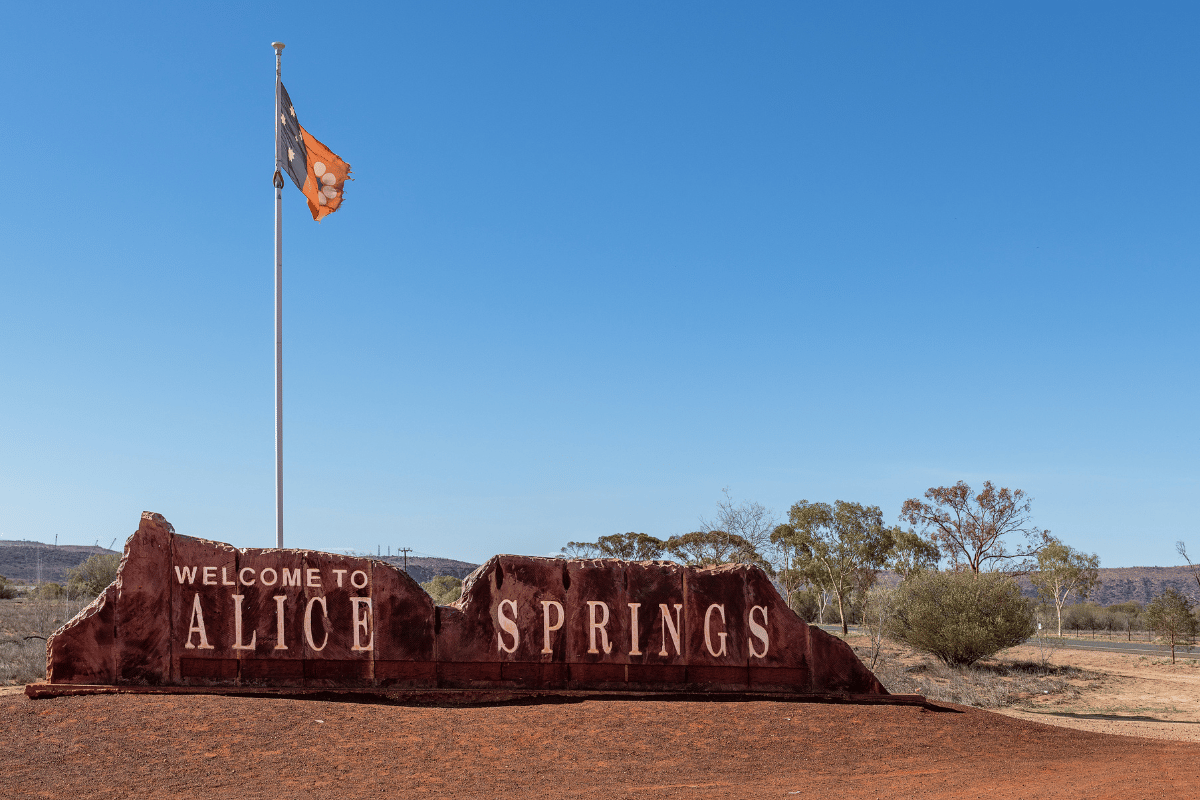
You may have heard about the recent 'crime wave' being experienced by the residents of Alice Springs.
Some people, including the Mayor of Alice Springs, say the end of the alcohol ban is to blame for the recent rise in violent crime, while others suggest it's far more complex than that.
Now, some residents are calling for a return to previous legislation that bans alcohol sales in some communities - but does removing alcohol remove the crime? And what are First Nations community leaders saying about it all?
Watch: Indigenous Australians Minister Linda Burney talks about this situation. Post continues below.
First and foremost, what is going on with crime in Alice Springs?
Alice Springs is a town with a population of about 26,000.
At the start of this year, Northern Territory Police released some data showing that crime has steadily been on the rise in the regional town since 2021.
In 2022, property damage offences in Alice Springs were up by almost 59 per cent on the previous year, commercial break-ins by 55 per cent, alcohol-related assault by 55 per cent, domestic violence assault by 53 per cent, and assault by 43 per cent.

Top Comments